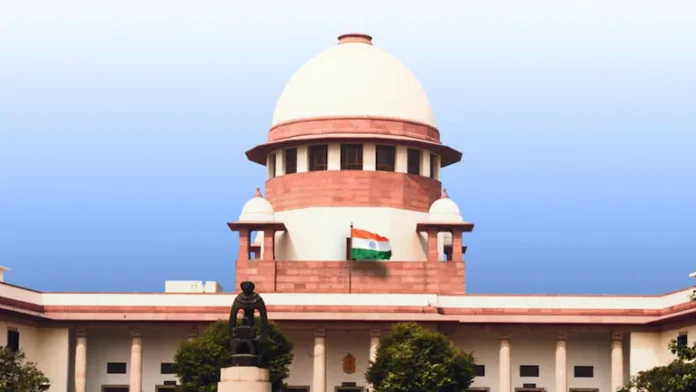In a significant statement that could impact India’s legal landscape, the Supreme Court of India remarked that the time has come to consider decriminalising defamation. The observation highlights growing debates about freedom of speech and the relevance of criminal penalties in cases of personal or reputational harm.
During a recent hearing, the bench discussed the implications of criminal defamation laws under the Indian Penal Code, noting that such provisions may often be misused and could have a chilling effect on free expression. The Court emphasized the need to balance protecting individual reputation with safeguarding the fundamental right to freedom of speech and expression guaranteed under the Constitution.
Legal experts believe the remark signals a potential shift in judicial thinking, possibly paving the way for legislative reforms. Currently, defamation in India can attract both civil and criminal liability, with criminal cases occasionally resulting in imprisonment for the accused. Critics argue that criminalising defamation is disproportionate and can be weaponized to silence journalists, activists, and citizens raising legitimate concerns.
The Supreme Court’s observation is likely to reignite discussions in Parliament and among legal scholars about whether defamation should remain a criminal offense or be confined to civil remedies, such as monetary compensation.
By suggesting that the time has come to revisit defamation laws, the apex court has underscored the evolving relationship between free speech, accountability, and the rule of law in modern India. Legal analysts anticipate that this remark could serve as a precursor to broader judicial or legislative reforms in the near future.



